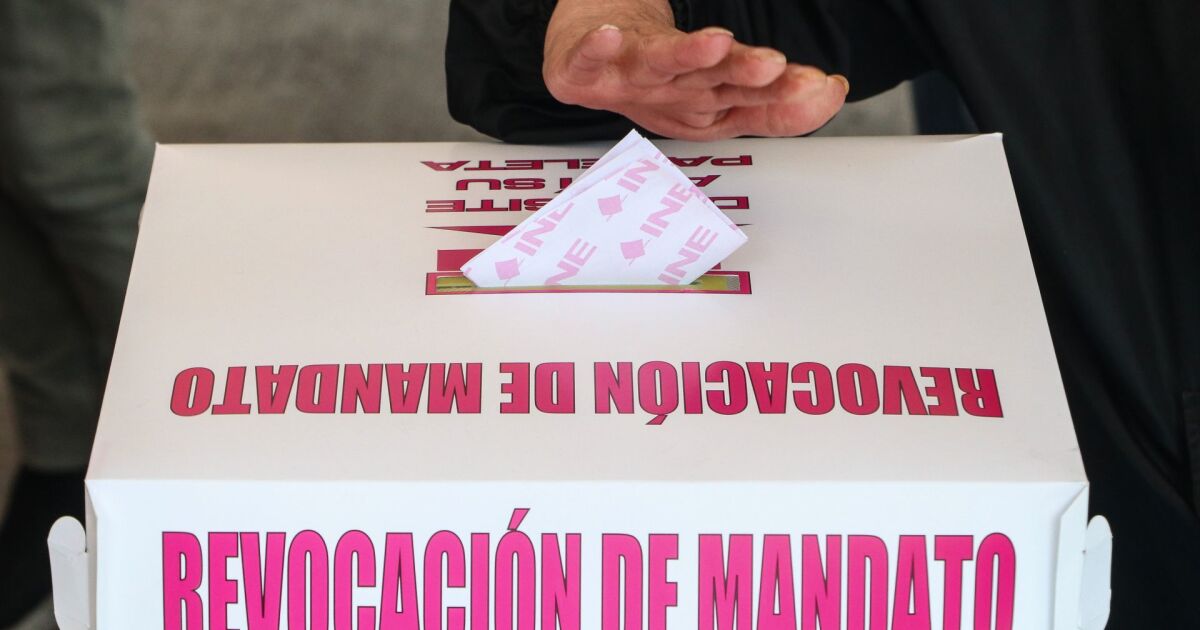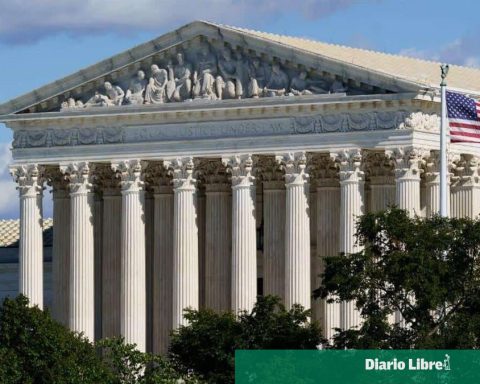For those involved in the electricity industry, the indecision of the Court prolongs the uncertainty about their investments and about the legal definition of their activity, but it keeps open the possibility of going to court and defending the legality of their operations. Additionally, the fact that most of the ministers have leaned towards the unconstitutionality of the LEI, will allow judges to review the cases presented to them from that perspective and rule in favor of the companies. In a few more months, perhaps under another president, the Court will review new protections and will have to analyze the constitutionality of the law again. That companies continue to act within the channels of the Mexican legal system may also prevent them from resorting to international bodies to resolve the dispute with the Mexican government.
For the industry, the validity of the LIE is less harmful than the approval of the constitutional reform for two reasons. On the one hand, the reform is much broader in scope than the LIE. On the other hand, in the future the law can be modified or eliminated more easily and quickly -with a simple majority- than the constitution. Paraphrasing Enrique IV, “the energy business is well worth an LIE”.
Although President López Obrador wanted a favorable ruling from the Court, and to achieve the approval of the constitutional reform –“both”, he said–, the day after the ruling he declared that the validity of the LIE allows him to achieve his objective of protecting and strengthen the Federal Electricity Commission. Immediately, the government will begin to change the dispatch of energy favoring hydroelectric plants, pressuring companies to comply with the new legal framework and the judges so that they do not grant amparos and do not become “employers’ lawyers.” The circle of shelters, attacks and pressure will begin again.
The president’s attitude also sends an important message to the Chamber of Deputies for the discussion of the constitutional reform. Approving it continues to be an objective of Morena and the government, but losing the vote is no longer a matter of life or death if the president says that with the LIE he has enough. The danger for the leaders of the parliamentary groups in the Chamber of Deputies is that the discipline and presence of all its members relaxes if they feel that the slogan of approving or rejecting the presidential initiative is weakened at any cost and due to absences or abstentions from some legislators lose the vote.

















